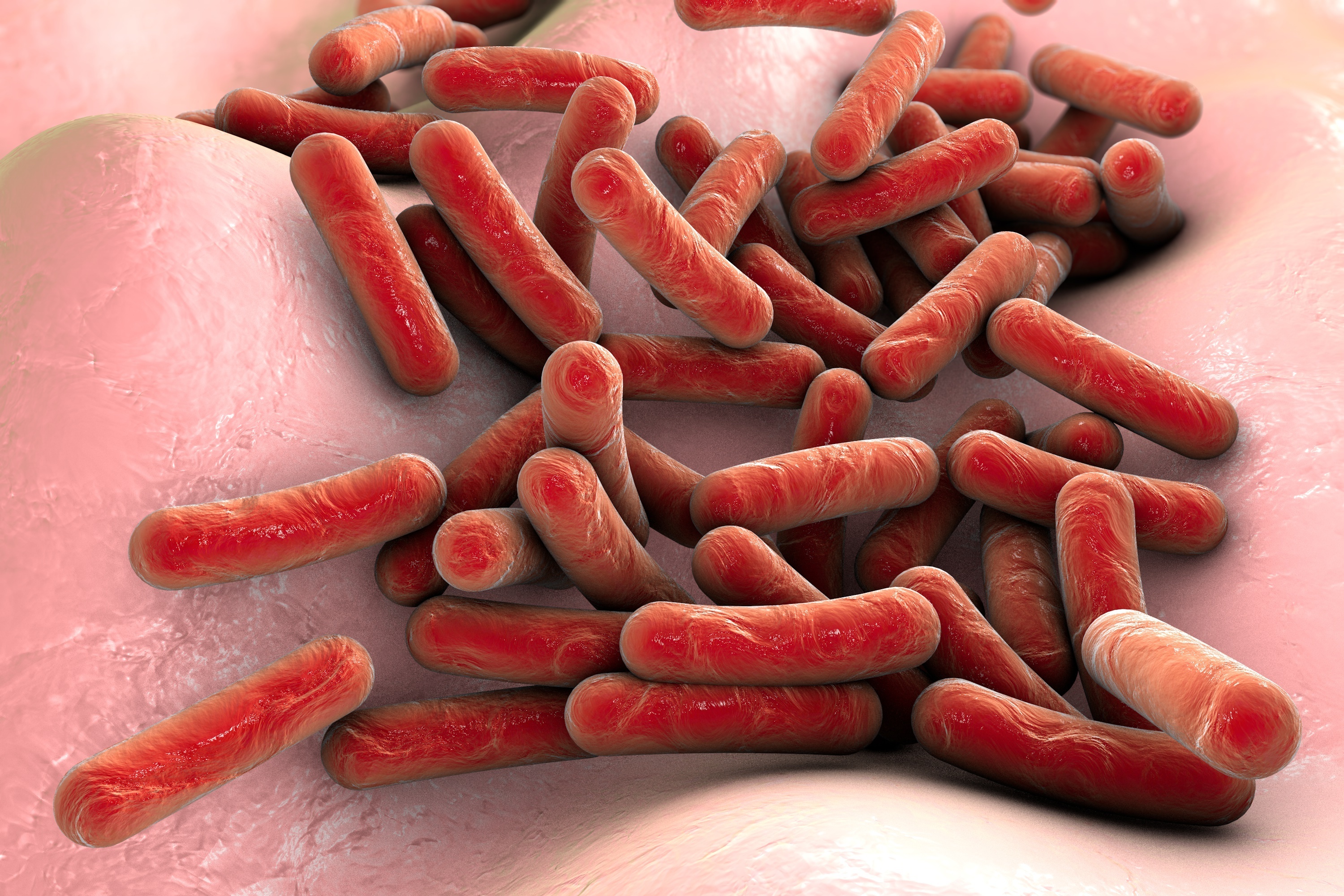Interleukin-22 Fails to Protect Against Key CF Pathogen and Promotes Weight Loss in Animal Study

Interleukin-22 is known to protect against respiratory pathogens through its ability to mediate mucosal immunity and tissue regeneration. But new research into its possible use against Pseudomonas aeruginosa, a main cystic fibrosis pathogen, found that IL-22 disappointed — with scientists reporting IL-22 failed to protect a mice model from such infection and even seem to promote infection-induced weight loss, a poor prognostic factor in CF patients.
The study by researchers at the University of Glasgow, “IL-22 exacerbates weight loss in a murine model of chronic pulmonary Pseudomonas aeruginosa infection,” was published in the Journal of Cystic Fibrosis.
P. aeruginosa is an important pathogen in CF that often leads to decreased lung function and survival rates. Although the onset of these chronic airway infections can be delayed with current treatments, there are no measures that effectively prevent the infection, such as vaccines.
Interleukin-22 (IL-22), which is produced by several subsets of immune cells, had been shown to play an important role in maintaining mucosal integrity, preventing the systemic spread of pathogenic organisms. In respiratory infections, IL-22 induces immunity against Klebsiella pneumoniae, Streptococcus pneumoniae, Chlamydia muridarum, as well as the CF pathogen Aspergillus fumigatus. As such, it posed an interesting therapeutic target to prevent P. aeruginosa infections.
The researchers addressed whether IL-22 plays a protective role against P. aeruginosa infection, and found that CF patients infected with Pseudomonas had expression of IL-22 in their lungs. In particular, they found a subset of IL-22 producing T-cells that was specific for P. aeruginosa antigens, suggesting that IL-22 production can occur as a direct response to pulmonary P. aeruginosa infection.
To investigate further, the team used mice lacking the ability to produce IL-22, and compared how their systems reacted to infection with P. aeruginosa. Results revealed that absence of IL-22 did not affect the immune response to infection, suggesting that IL-22 does not provide protection against the development of pulmonary P. aeruginosa infection. However, mice without IL-22 experienced significantly less weight loss during infection than normal mice. This effect was evident both in acute and chronically infected mice.
These findings revealed that IL-22 is not a suitable target to develop preventive measures against chronic pulmonary infections in CF patients, but the researchers believe that its role in exacerbating infection-induced weight loss should be further investigated.







